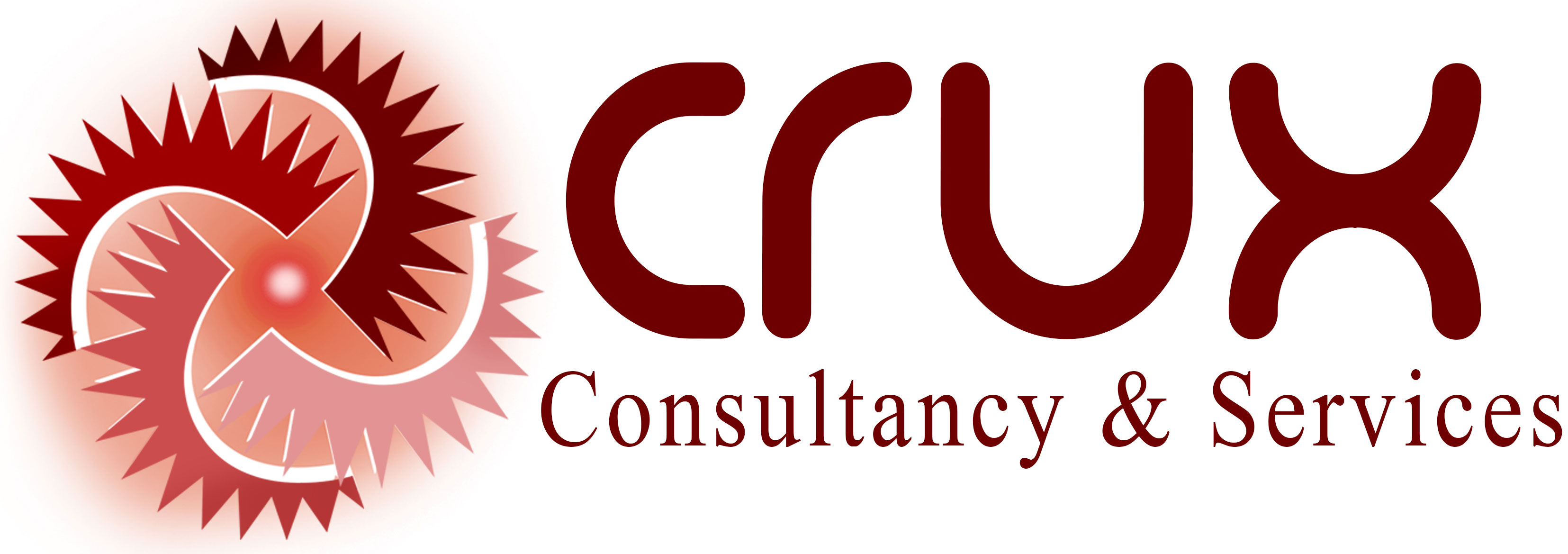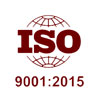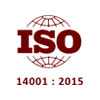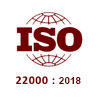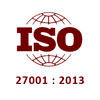ISO Certification
ISO 9001:2015 (Quality Management System) :
ISO 9001 is one of the standards within the range of ISO 9001 Standards. ISO 9001 Certification will give your organization the quality systems that will be of real benefit to your organization to help to manage your business effectively. It will give your organization the quality systems that will provide the foundation of better customer satisfaction, staff motivation and continual improvement.

Some of the major benefits :
• Provides senior management with an efficient management process and sets out areas of responsibility across the organization.
• Mandatory if you want to tender for some public sector works.
• Communicates a positive message to staff and customers.
• Identifies and encourages more efficient and time saving processes and highlights deficiencies.
• Reduces your costs and provides continuous assessment and improvement.
• Develop marketing opportunities and improve quality and service.
• Help to organize the delivery of the services on time with right attitude.
• Helps in reducing returned products and complaints and improve independent audit demonstrates commitment to quality.
ISO 14001:2015 (Environmental Management System) :
ISO 14001 Environmental Management System (EMS) is a systematic framework to manage the immediate and long term environmental impacts of an organization’s products, services and processes.
If you want to reduce waste management costs and demonstrate your commitment to protecting the environment, you need ISO 14001 certification. Implementing this standard will also make your organization comply with highly stringent environmental laws and regulations, as well as developing trust with customers.

Some of the major benefits :
• Material savings through more complete product input processing, substitution, and recycling of by-products and waste.
• Reduced energy consumption, reduced material storage costs.
• Reduced costs for emissions, discharges, waste handling, transport and disposal.
• Increased process yields, reduced insurance rates and customer audits.
• Reduced environmental liability and enforcement fines.
• EMS tracking measurable via consistent plan-do-check-review methods.
• Improved corporate image among regulators, customers and the public.
• Proof of social responsibility & gives high employee morale.
ISO 45001:2018 (Occupational Health & Safety Management System) :
ISO 45001:2018 Occupational Health and Safety Management Certification is an international standard which provides a framework to identify, control and decrease the risks associated with health and safety within the workplace. Implementing the standard will send a clear signal to your stakeholders that you view employee’s health and safety as a priority within your organization.
An increasing number of organizations are completing OHSAS 18001 certification as employers are under increasing pressure to ensure that a rigorous health and safety policy is in place which protects employees against possible occupational risks and reduces the likelihood of accidents in the workplace. By planning ahead an organization can also identify health and safety risks and conform to health and safety legislation.

Some of the major benefits :
• Ensure awareness and compliance with your legal obligations, including the latest health and safety regulations, so minimizing the risk of legal action.
• Improve your corporate image and credibility with regulators, customers, employees, suppliers and clients.
• Ensures health and well-being of employees, sub-contractors and the public.
• Minimization of liability of employers through adoption of proactive rather than reactive controls.
• Ensure legislative awareness and compliance.
• Reduce the number of accidents and incident rates by reducing or eliminating workplace hazards.
• Improves the incident investigation process.
• Increase employee motivation through the provision of a safer workplace and participation process.
ISO 22000:2018 / HACCP (Food Safety Management System) :
ISO 22000 is a Food Safety Management System that can be applied to any organization in the food chain, farm to fork. Becoming certified to ISO 22000 allows a company to show their customers that they have a food safety management system in place. This provides customer confidence in the product. This is becoming more and more important as customers demand safe food and food processors require that ingredients obtained from their suppliers to be safe.

Some of the major benefits :
• Higher quality jobs in the food industry and improved utilization of resources worldwide.
• Increased company profits by having good hygiene and food management system in the company.
• Potential increased economic growth and insurance of a safer food.
• Reduction in rates of foodborne disease.
• More efficient documentation of techniques, methods and procedures.
• Provides a framework for management commitment, communication with suppliers and customers, and continuous improvement of the food safety system.
• Demonstrates an organization’s commitment to food safety and development of Internationally-recognized, harmonized standard way for controlling food safety hazards.
ISO 27001:2013 (Information Security Management System) :
An ISMS is a systematic approach to managing sensitive company information so that it remains secure. It includes people, processes and IT systems by applying a risk management process.
It can help small, medium and large businesses in any sector keep information assets secure. An ISMS is a system of processes, documents, technology and people that helps to manage, monitor, audit and improve your organization’s information security. It helps you manage all your security practices in one place, consistently and cost-effectively.

Some of the major benefits :
• Avoid penalties and financial losses due to data breaches.
• Meet increasing client demands for greater data security.
• Protect and enhance your reputation.
• Get an independently audited proof that your data is secure.
